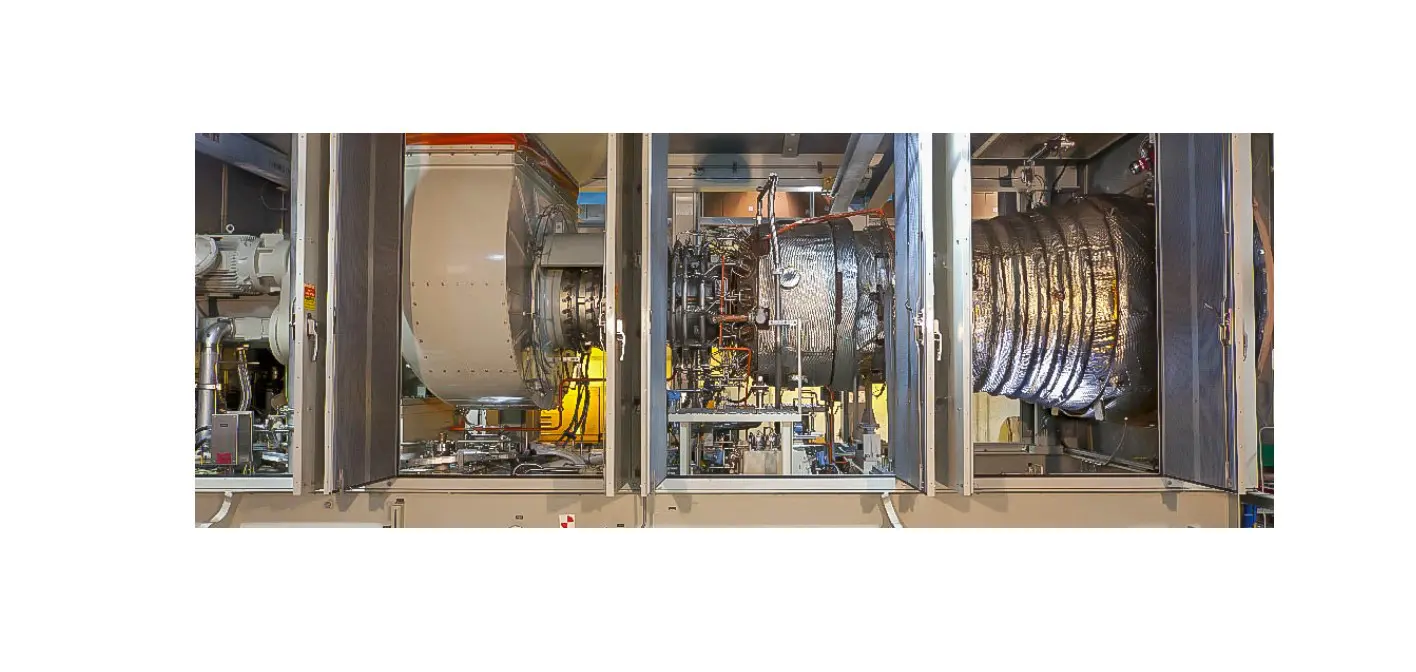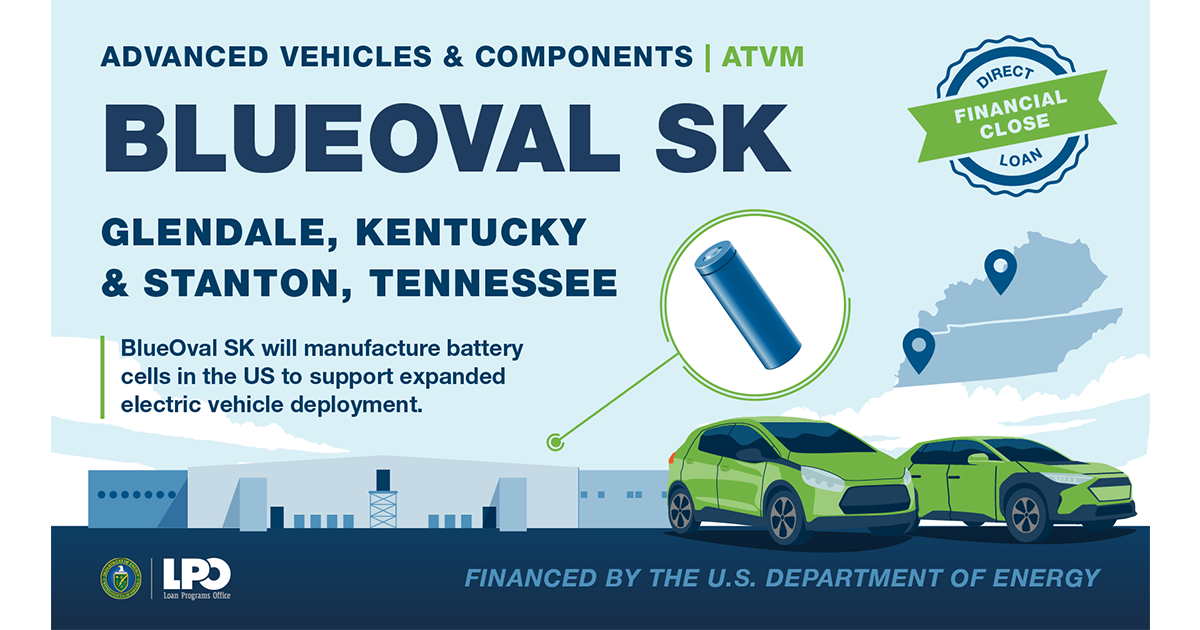
New Jersey Hospital Lowers Emissions With Investment In Cogeneration Plant

Rutgers University Hospital in Newark, New Jersey, has upgraded its cogeneration plant, providing on-site electricity and thermal energy for both heating and cooling.
The project implemented improvements to the hospital’s existing combined heat and power system. The project replaced existing cogeneration plant turbines that were using an outdated water injection system. The turbines were replaced with three Solar Mercury T-60 Turbines with an increased capacity of 2.8 MW, a new gas compressor, new controls and connections, and switch gear. The gas turbines produce high temperature exhaust that is recovered and used to generate steam, hot water, or chilled water.
“This updated technology will result in a 50% decrease in emissions and save the Newark campus eight million gallons of water per year. Overall, the upgrades will reduce the usage of potable water and the subsequent discharge of wastewater,” said Ed Jimenez, president and chief executive officer of the hospital. “It will significantly reduce airborne pollutants and provide a resilient source of power to existing infrastructure such as wastewater pumping stations, ejector pumps, stormwater sump pumps, and potable water systems.”
The clean water and energy efficiency improvements were financed with approximately US$7 million in loans from the NJ Water Bank, a low-rate funding program jointly administered by the New Jersey Department of Environmental Protection and the New Jersey Infrastructure Bank.









